The Marvel Cinematic Universe may not be especially edgy, but by the standards of the Comics Code Authority, it would’ve been far too raunchy.
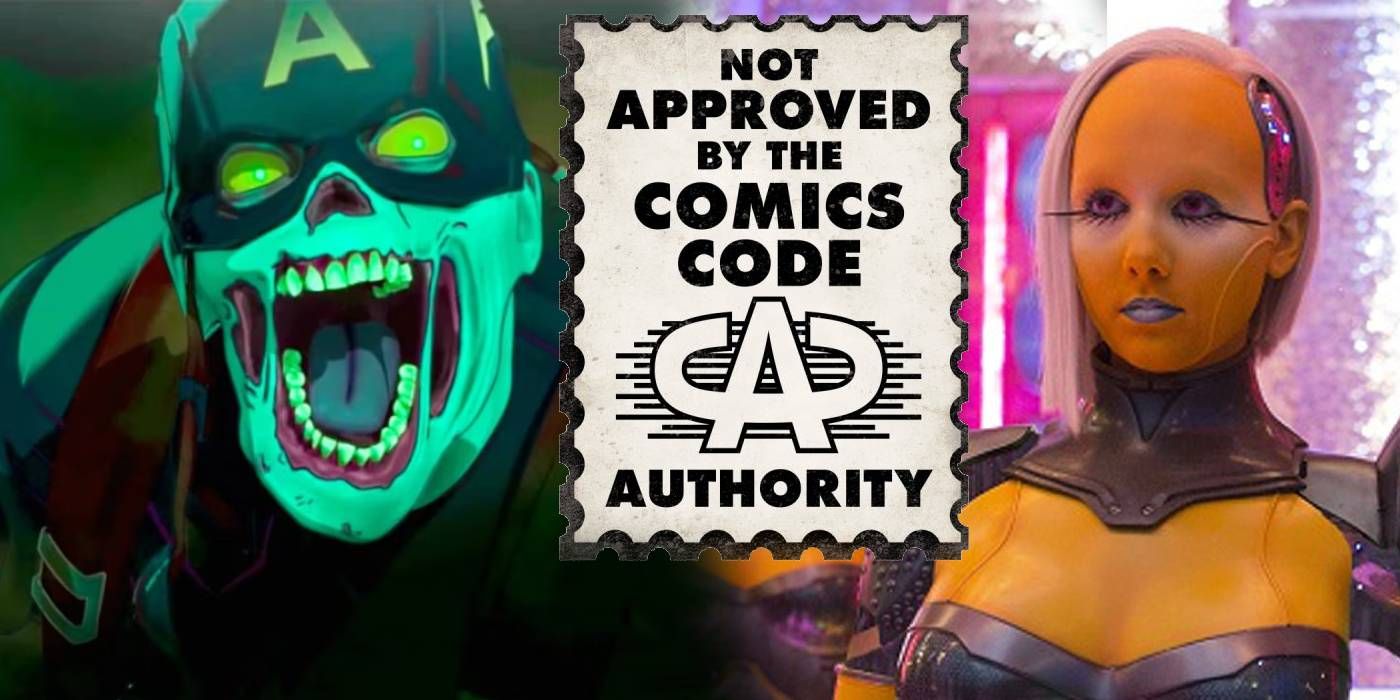
The Marvel Cinematic Universe isn’t exactly known for being edgy, but the relatively family-friendly franchise would absolutely crumble under the restrictions of Marvel Comics’ oldest censor rules. One of the most controversial moments in comic book history, the implementation of the Comics Code Authority placed severe restrictions on the types of storytelling mainstream comic book companies could do in the 1950s. While these guidelines were never enforced by law, they were a fact of life for early Marvel and DC Comics looking to assure publishers.
Looking at the films of the Marvel Cinematic Universe through the lens of the original Comics Code Authority rules paints an interesting picture. The MCU has a reputation for being a mass-marketable franchise with broad appeal in the modern age, but by the ancient standards of the original Comics Code Authority as released in 1954, they have all the makings of a scandalous series that wouldn’t fly past the censors. Luckily, the relaxed standards for what audiences and official rating systems deem acceptable have been kind to the MCU.
10. The Time Heist
As fun as it is, the time heist is still technically a crime
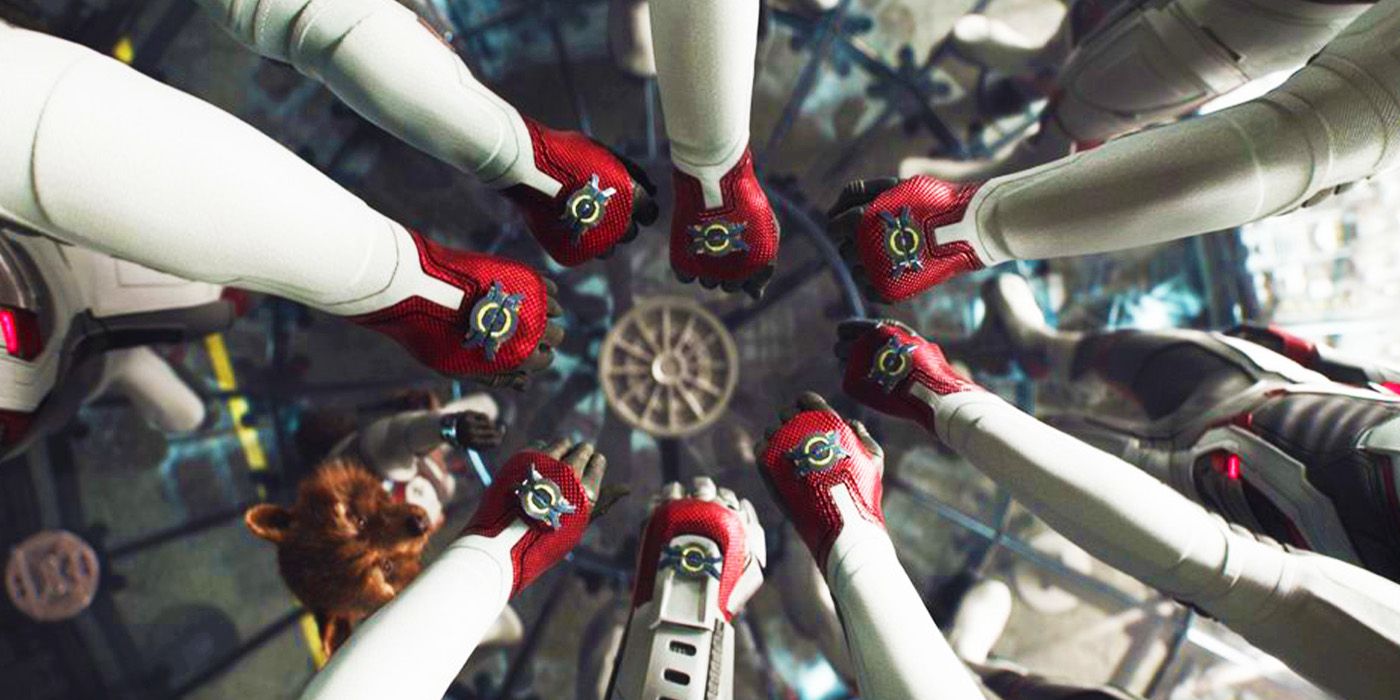
An unexpected moment of levity after the dour intro to Avengers: Endgame, the Time Heist is a largely enjoyable romp through the MCU’s greatest hits as the Avengers struggle to reclaim the Infinity Stones across different points in time. Coined by none other than the team’s resident burglar, Ant-Man, the Time Heist had the normally flashy Avengers employing stealth and subtlety to steal the various stones. Surprisingly, this entire sub-plot would’ve had to be axed from the script of Endgame as per the rules of the Comics Code Authority.
Fun as the Time Heist is to watch play out, it’s easy to forget that it is technically criminal behavior. Even if it is in the past, the Avengers do very much evade government authorities like S.H.I.E.L.D. and even the Asgard royal family stealing the various stones. According to one line of the Code, “Crimes shall never be presented in such a way as to create sympathy for the criminal“, meaning the Avengers would be out of luck breaking the law, even to save half the universe.
9. Doctor Strange’s Torture By Ebony Maw
Such brutal acts are a no-go for the old code
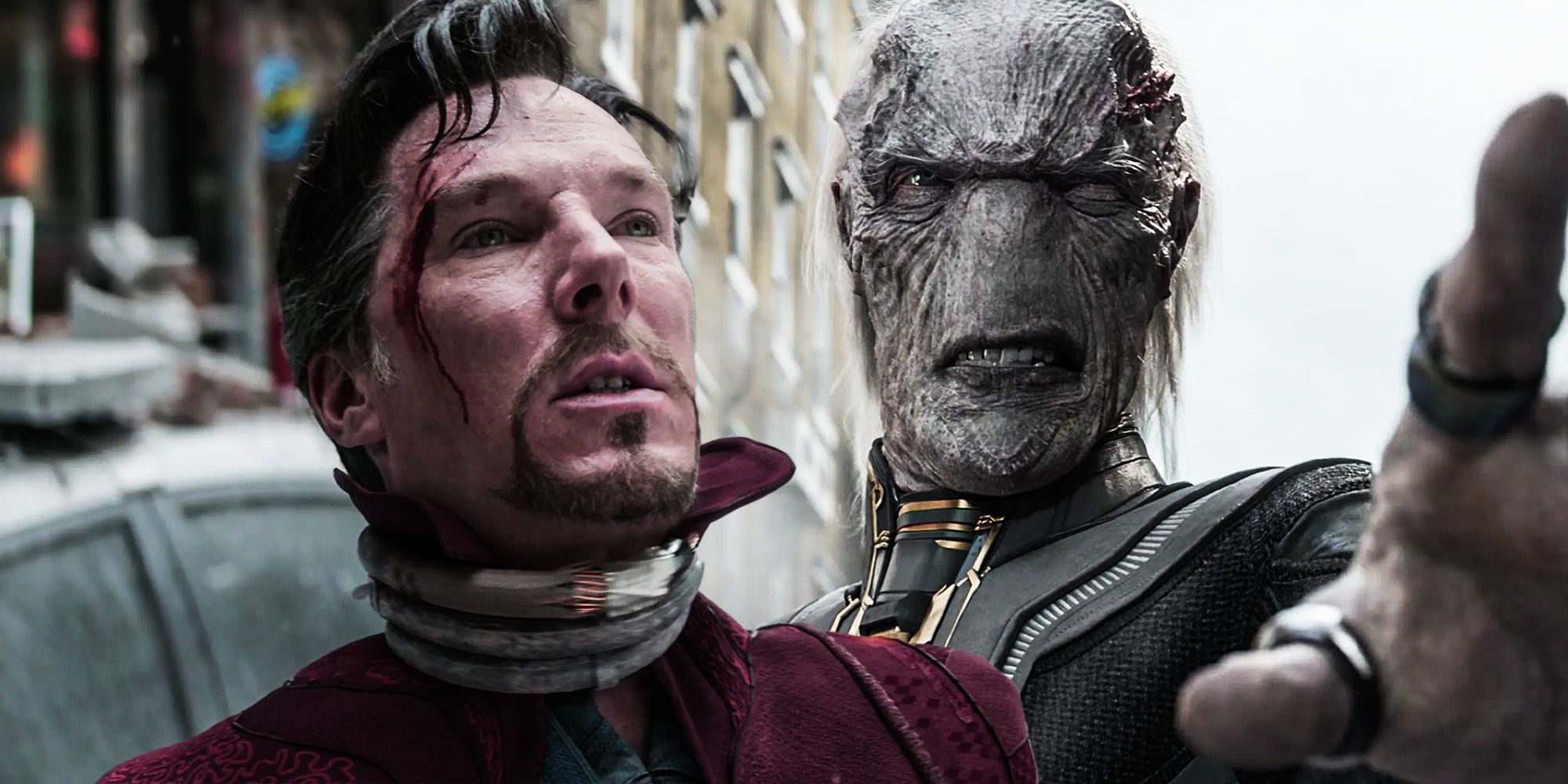
In one of the most brutal scenes in the MCU, Doctor Strange is tortured by the telekinetic warlord of Thanos’ Black Order, Ebony Maw. The alien despot manages to make relatively short work of the combined efforts of Doctor Strange and Iron Man, whisking away the former to interrogate him on his spaceship and unlock the binding spell of the Eye of Agomotto. Maw’s brutal methods involve torturing Strange with hundreds of small telekinetic needles, creating a truly horrifying image.
It’s not often that the MCU resorts to depicting violence this painfully, but when it does, the Comics Code Authority would certainly take issue. Torture in particular seemed to be a sore spot for the rule system, which stated that “Scenes of brutal torture, excessive and unnecessary knife and gunplay, physical agony, the gory and gruesome crime shall be eliminated.” Doctor Strange’s internment at the hands of Ebony Maw certainly falls under this umbrella.
8. The Marvel Zombies What If…? Episode
The comics code took particular issue with undead cannibalism
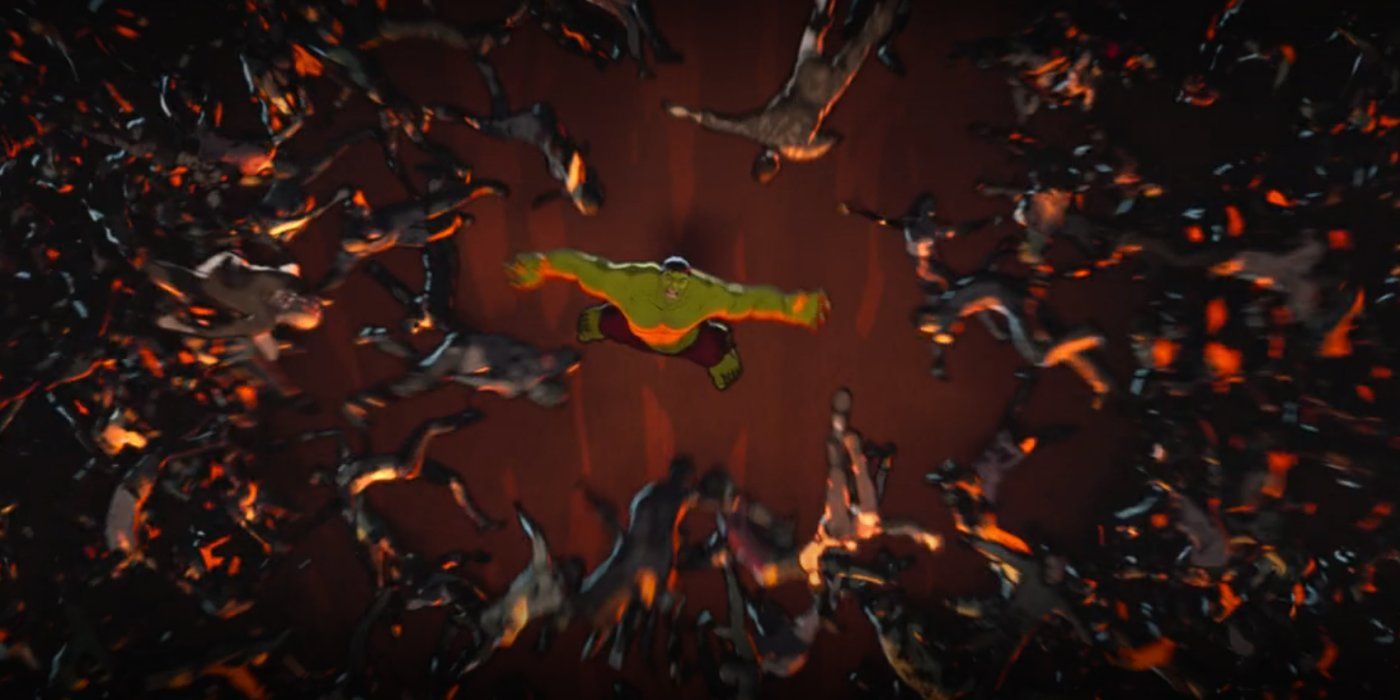
Based on the infamous Marvel Zombies comic run, in which an undead virus devastated the superhero universe, What If…? Zombies?! adapted the same idea via animation into the MCU. By far one of the goriest entries of the entire franchise, the Comics Code Authority would have some obvious qualms with the episode due to the level of violence depicted alone. But beyond that, the rule seemed to also have a particular disdain for walking dead in general.
One line spoke out in particular against “Scenes dealing with, or instruments associated with walking dead,” going on to admonish the presence of ghouls and cannibalism. That means that the entire concept of Marvel Zombies would’ve been completely off the table. Even the MCU could find a way to make zombies work sans blood and gore, the authorities are very clearly outspoken about the mere concept of the undead.
7. The Love Bots In Guardians Of The Galaxy Vol. 2
By far one of the raunchiest implications of the Marvel Universe
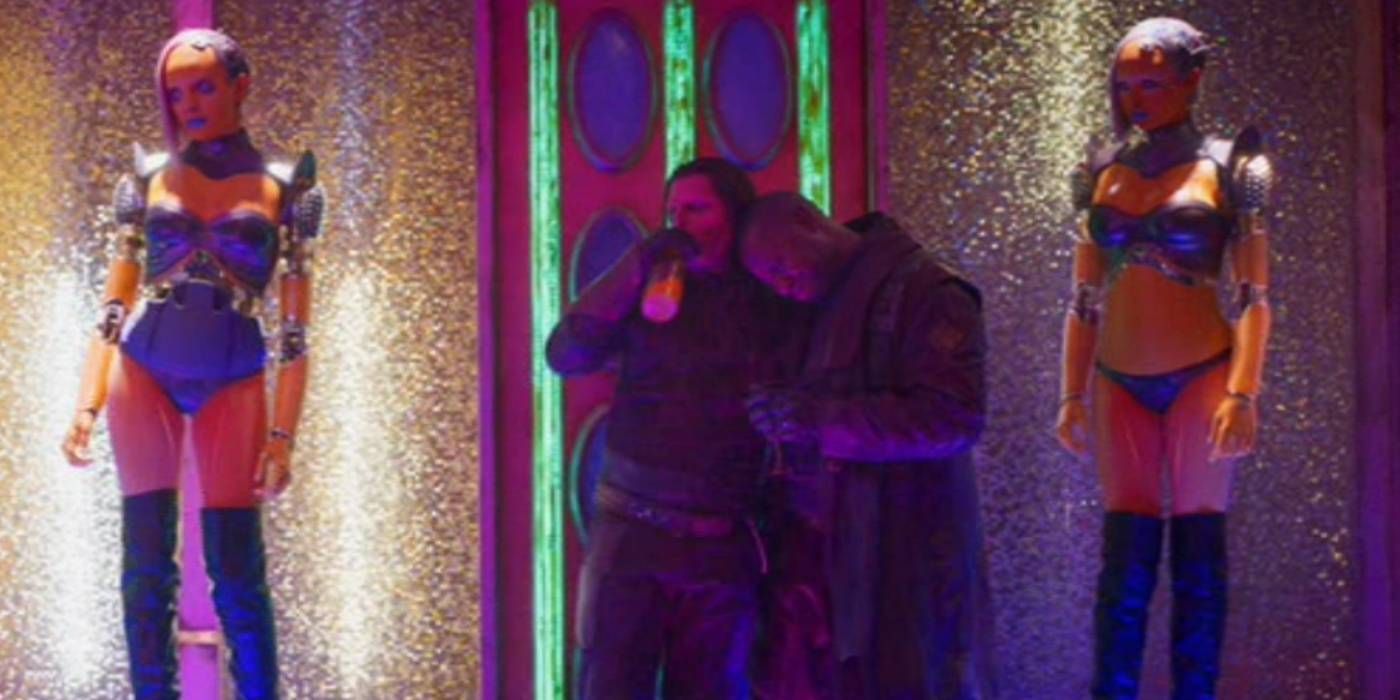
The background setting of one relatively forgettable scene in Guardians of the Galaxy Vol. 2 was honestly a close call for the MCU’s normal censorship practices, let alone under the Comics Code Authority. When Yondu meets up with Stakar, he finds him and his clan enjoying the services of the Iron Lotus on the snow planet Contraxia. Unsurprisingly for the Ravagers, the Iron Lotus is a brothel populated by robotic courtesans tasked with “entertaining” the tavern’s patrons.
Of all the many exotic planets visited by the Guardians of the Galaxy series, Contraxia winds up being one of the raunchiest, with scantily-clad android prostitutes prancing around the backdrop of Contraxia’s snowy landscape. Obviously, this type of world-building would strike a nerve with the sexless Comics Code Authority, ever vigilant of such scandalous topics clouding the minds of young comic book readers. It’s safe to say this scene wouldn’t fly if the MCU was as strict with its artistic expression as the stifling old comic rules were.
6. The Titular Reveal Of Werewolf By Night
The MCU short film would’ve been scrapped from concept alone
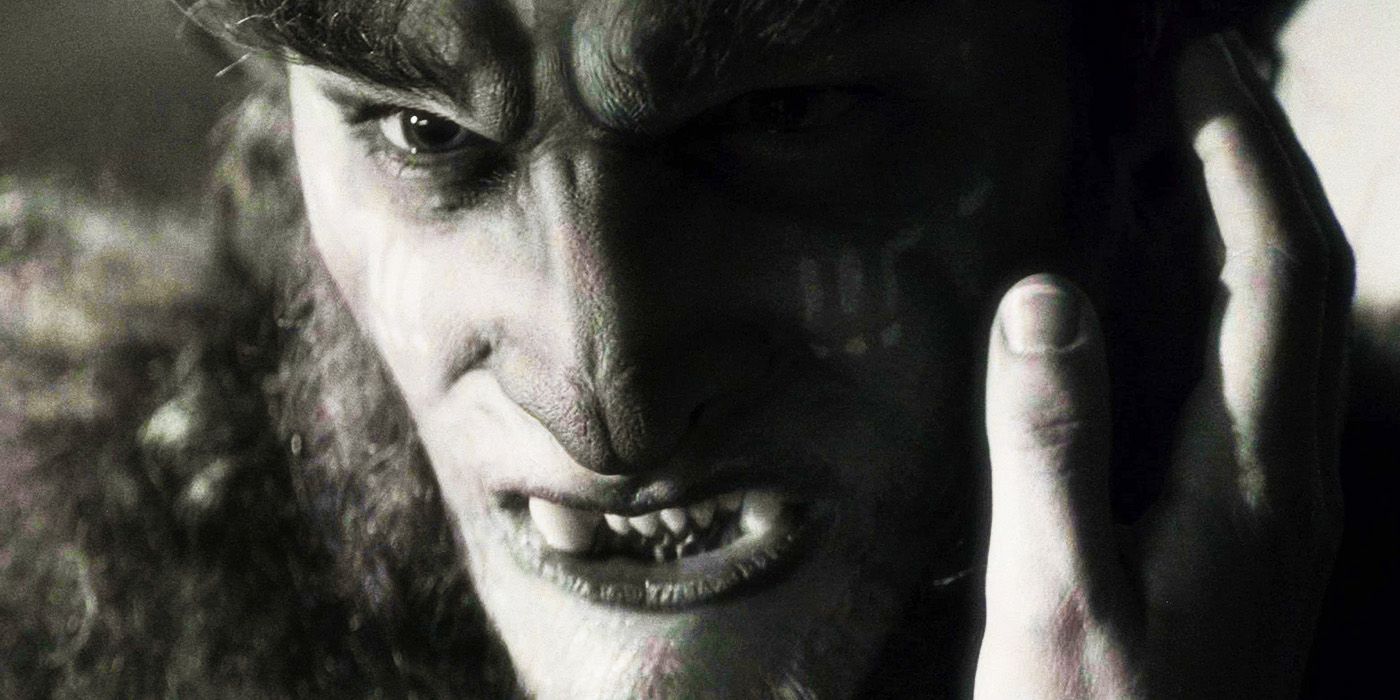
While individual scenes, plot threads, or even show episodes would’ve been on the chopping block under the restrictive Comics Code Authority, one project in particular would’ve had to be completely scrapped. Marvel’s first self-proclaimed horror-themed outing, the made-for-streaming mini-movie told the story of the titular lycanthrope through daring black-and-white cinematography. The short film isn’t without its brutal moments that would’ve otherwise triggered an intervention from the Authority, but the concept alone would’ve made the MCU grounds for disbarment.
Strangely enough, in the same line that prohibits the use of the walking dead, the Comics Code Authority declared that “vampires and vampirism, ghouls, cannibalism, and werewolfism are prohibited.” Werewolfism being named directly, as well as being given the bizarre nomenclature in the first place, may be shock, considering they’re one of the tamer concepts for a horror character around. But the 50s comic rules were so dead-set on separating superheroes from horror than even werewolves couldn’t prowl under the Marvel banner.
5. Guardians Of The Galaxy Vol. 3’s F-Bomb
The third Guardians film made MCU history with profanity
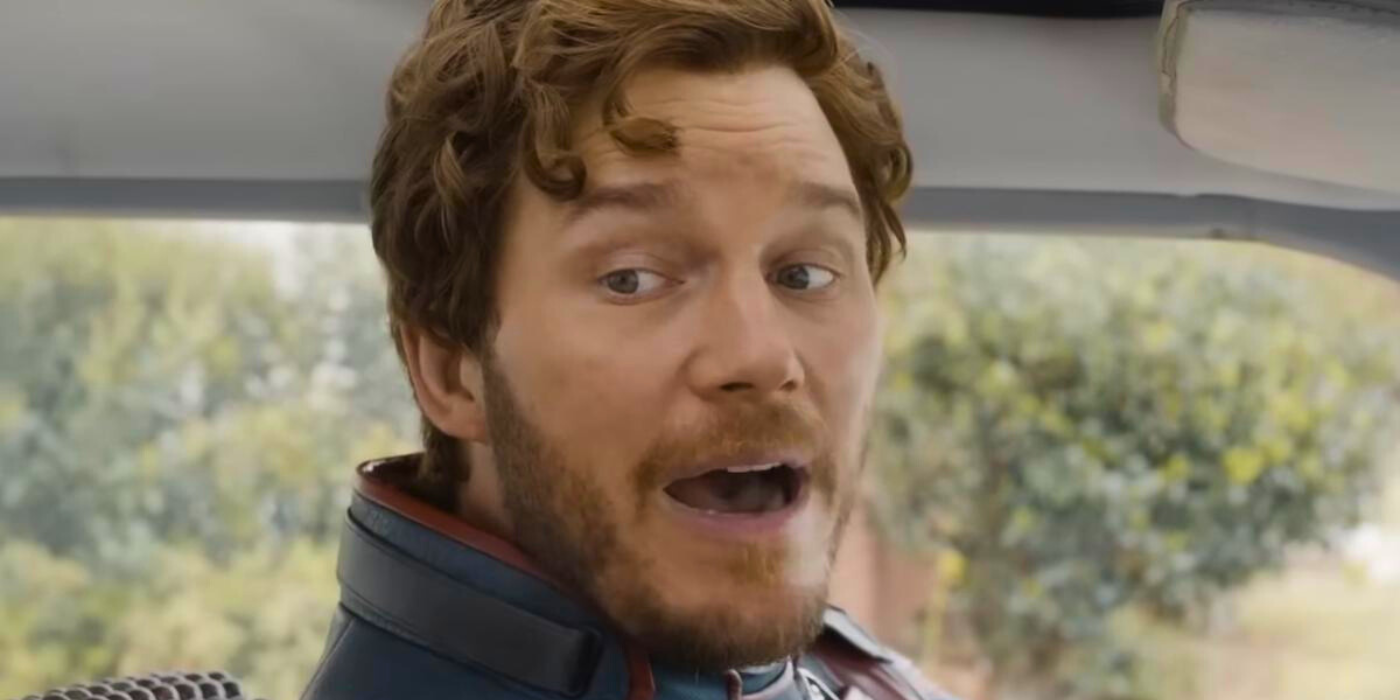
Keeping to a consistent track record of PG-13 movies, the Marvel Cinematic Universe hadn’t done much with its vocabulary until Guardians Of The Galaxy Vol. 3. Despite PG-13 movies usually getting a single F-bomb as per the rules of the Classification and Ratings Administration’s film ratings, the MCU never truly took advantage of this until Guardians Of The Galaxy Vol. 3‘s ground-breaking f-bomb. Of course, it’s Star-Lord who has the honor of being the first MCU character to say this curse word on screen, but the old Comics Code Authority wouldn’t approve.
Profanity was a touchy subject back in the day, and comic writers had to be careful when daring to pepper some cursing into their dialogue. According to the old guidelines, “Profanity, obscenity, smut, vulgarity, or words or symbols which have acquired undesirable meanings are forbidden.” This means that the MCU’s lines would’ve had to stay even cleaner than they already were prior to Guardians of the Galaxy Vol. 3.
4. Wanda Killing The Illuminati One By One
The ghastly deaths of the superhero team would’ve never seen the light of day
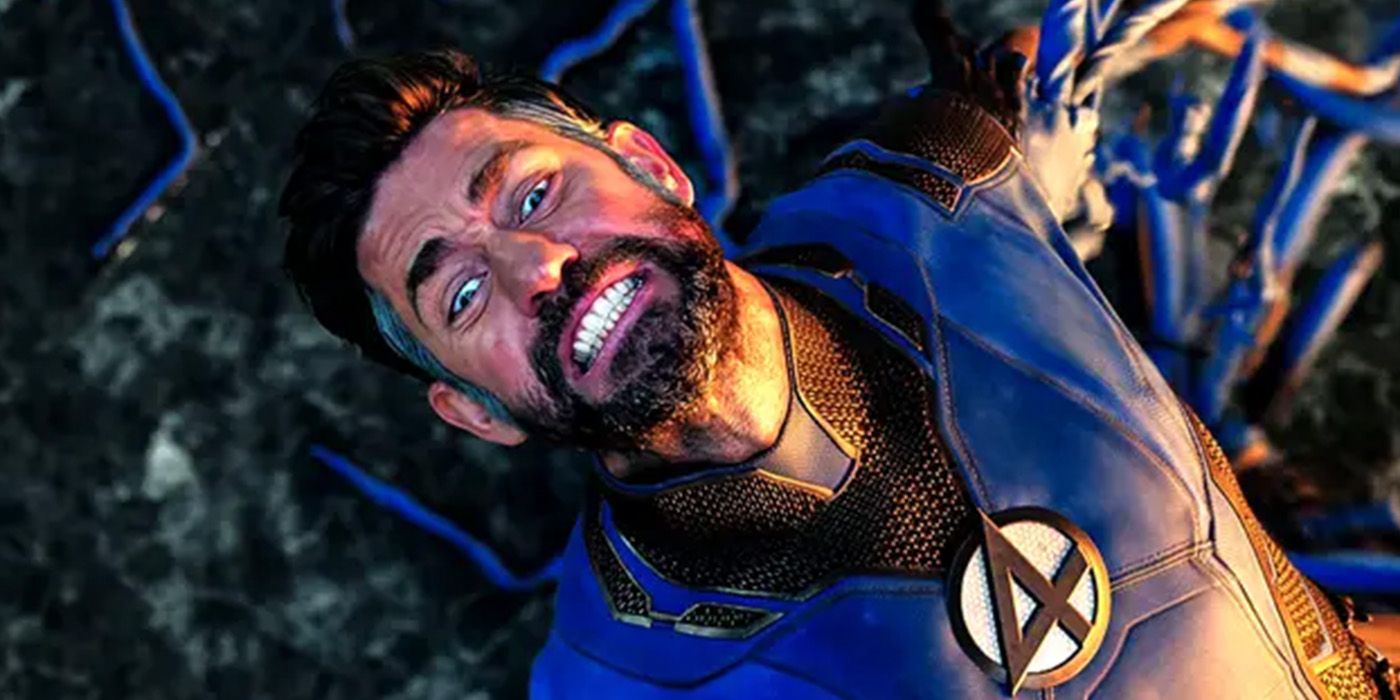
Few scenes in Marvel Cinematic Universe history would’ve broken so many core tenants of the Comics Code Authority at once than Scarlet Witch’s deathly confrontation with the Illuminati in Doctor Strange in the Multiverse of Madness. Turning her reality-warping powers on the Avengers equivalent of an alternate Earth, Wanda Maximoff manages to pick off a number of powerful superhero opponents one by one, with some creatively gruesome deaths. This would’ve been flagged under the old regulations for multiple offenses.
For one, Scarlet Witch even winning this fight might’ve been too precarious of a narrative to encourage under the old rules, which preferred a victorious hero in all instances possible. Secondly, some of the more brutal kills performed in this scene, such as Mr. Fantastic being turned into spaghetti or Black Bolt’s skull collapsing from the backlash of his own sealed power, would surely come under review. It’s lucky for audiences that the MCU isn’t beholden to archaic rules like these when drafting some of their most creative fight scenes.
3. Captain America Breaking His Friends Out Of Jail
Wether Captain America or Nomad, Steve Rogers can’t be a rule breaker
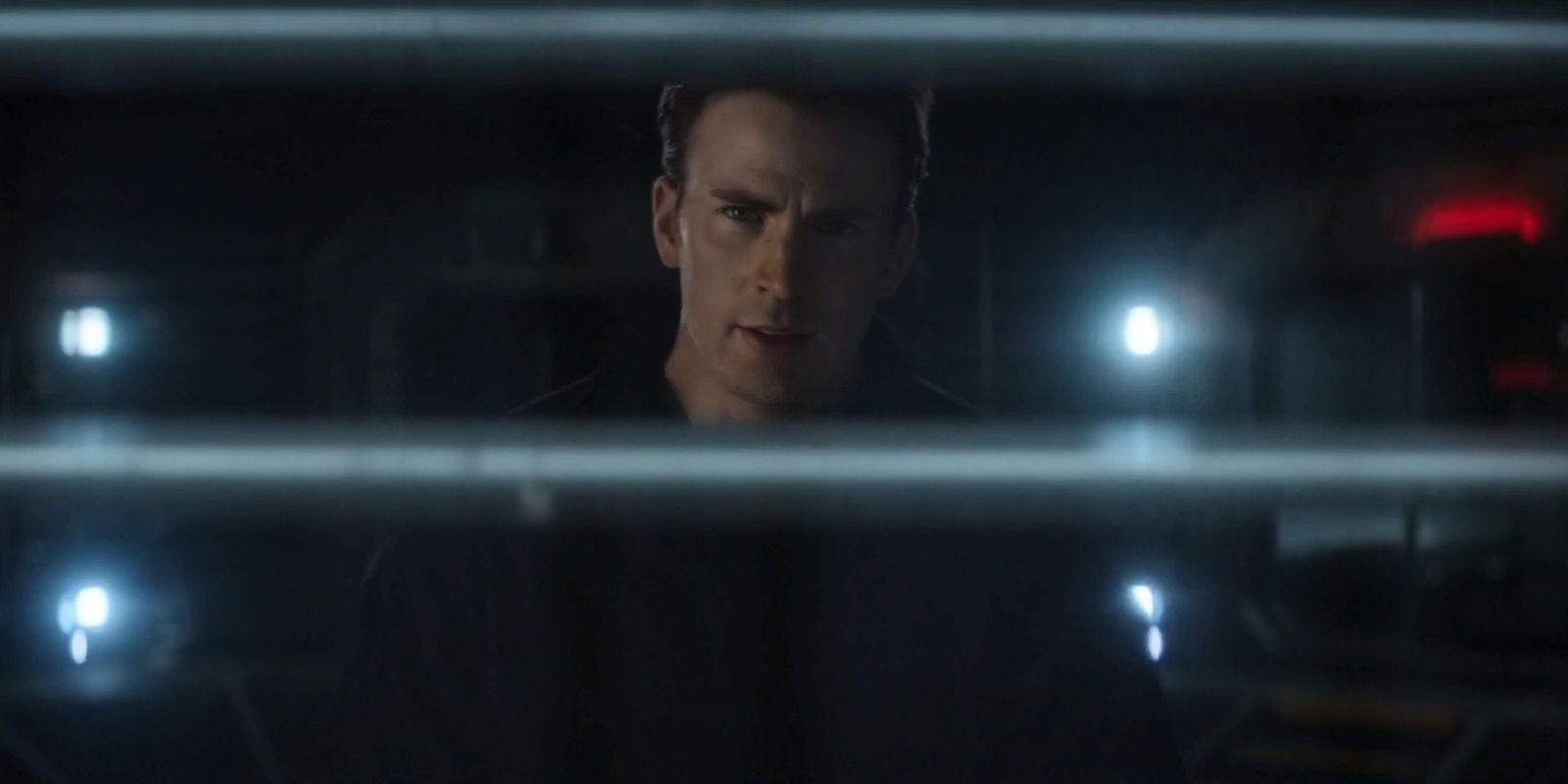
Despite representing the interests of the United States government more than any other superhero, Captain America has a surprisingly troubled history with authority. The Marvel Cinematic Universe certainly didn’t shy away from this, as the Civil War comic storyline, in which Captain America openly defies the U.S. government, was adapted loosely into the film Captain America: Civil War. This entire storyline would be on incredibly thin ice under the old rules, with one scene in particular being surely incompatible with them.
In a brief post-credits moment, it’s implied that Captain America manages to break out fellow conspirators Hawkeye, Ant-Man, and Falcon from the Raft, one of the most secure prisons in the entire world. This would directly conflict with the Comics Code Authority’s desire for superheroes to never “promote distrust of the forces of law and justice” no matter the circumstances. Steve’s brief run as the infamous Nomad would’ve never been allowed to happen in an MCU governed by these rules.
2. Thor’s Near-Nude Scene In Love And Thunder
The cheeky bit of fan service would be unwelcome under the CCA
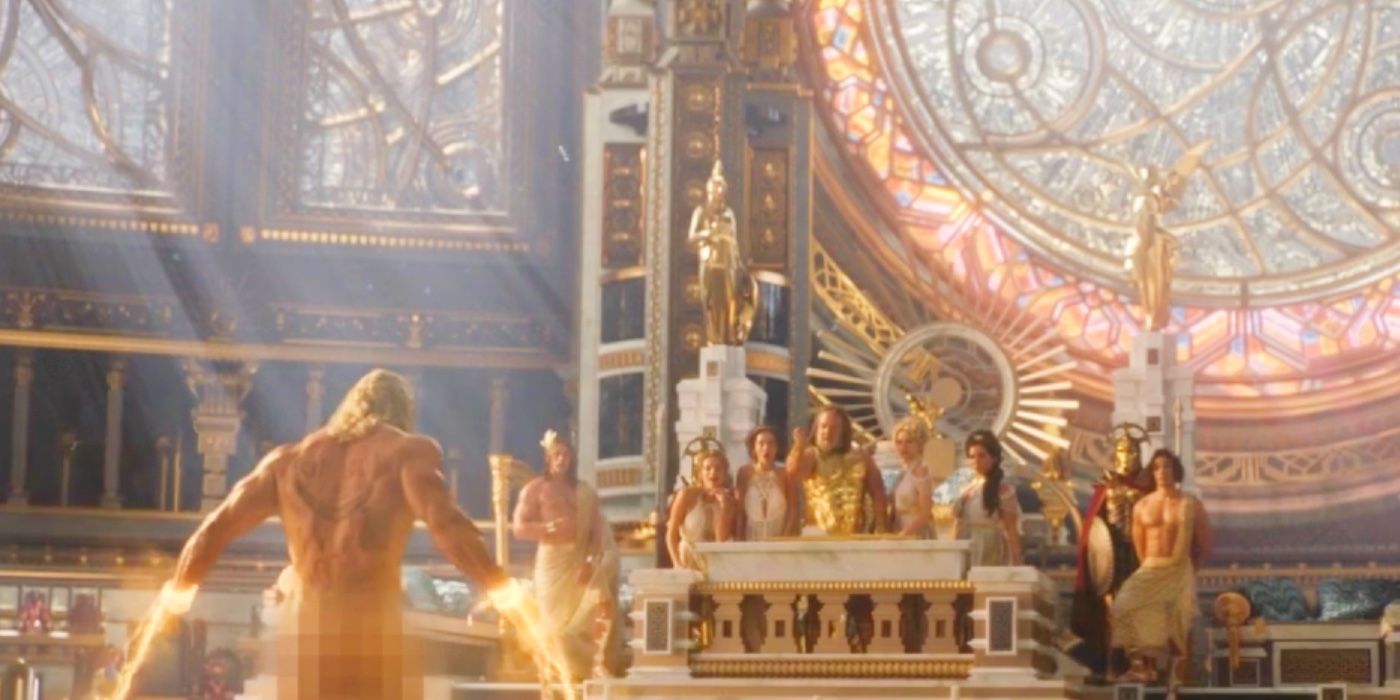
Chris Hemsworth’s incredible Thor transformations are the stuff of legend in the MCU, presenting one of the most impressive physiques of any Marvel character. Unfortunately for him, his body is often played for laughs in his own movies, as demonstrated in Thor: Love and Thunder when Zeus blasts off Thor’s meager disguise to reveal his godhood to a stadium full of spectators. It’s safe to say this bit of nudity-focused humor wouldn’t fly under the watchful eye of the Comics Code Authority.
The 1954 rules had a very clear zero-tolerance policy on nakedness, remarking that “nudity in any form is prohibited, as is indecent or undue exposure.” Whether male or female, used in a joke or an actual sex scene, nudity or near-nudity wouldn’t have flown. Even if the Marvel Cinematic Universe never went as far as to show full-frontal explicit bodies, toeing the line with the scene in Thor: Love and Thunder, in which Thor’s most private areas are always conveniently blocked by clever framing and object placement, it still wouldn’t have made it to publication.
1. Baron Zemo’s Plan Ultimately Working
It wouldn’t be pleasant under old guidelines to have the villain win
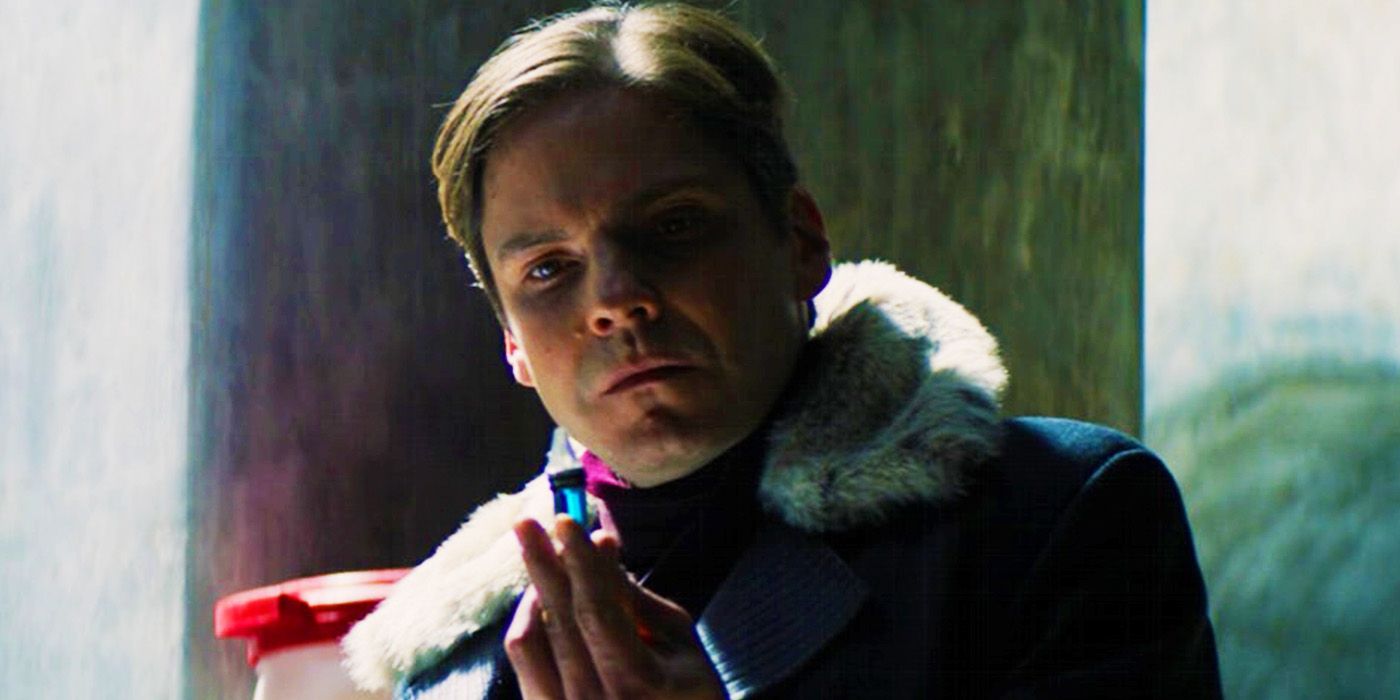
Of all the MCU villains to actually win, few gained as conclusive of a victory as Baron Zemo. Seeking revenge on the Avengers for their role in his family’s death, Baron Zemo concocted an intricate plan to pit the superhero team against each other, successfully leading to the break-up of the team and the near-deaths of Tony Stark and Steve Rogers. If it wasn’t for Thanos’ arrival on Earth providing them a common world-threatening enemy to unite against, it’s very likely that the Avengers would never have reunited at all.
Under the old Comics Code Authority rules, it’s unlikely that Baron Zemo would’ve gotten away with his plan. The code was insistent that “In every instance good shall triumph over evil and the criminal punished for his misdeeds.” Even if Baron Zemo ultimately spends the rest of his life in prison, the successful degree to which his plan worked would’ve put the MCU in hot water with the Comics Code Authority should they have had to abide by its rules.